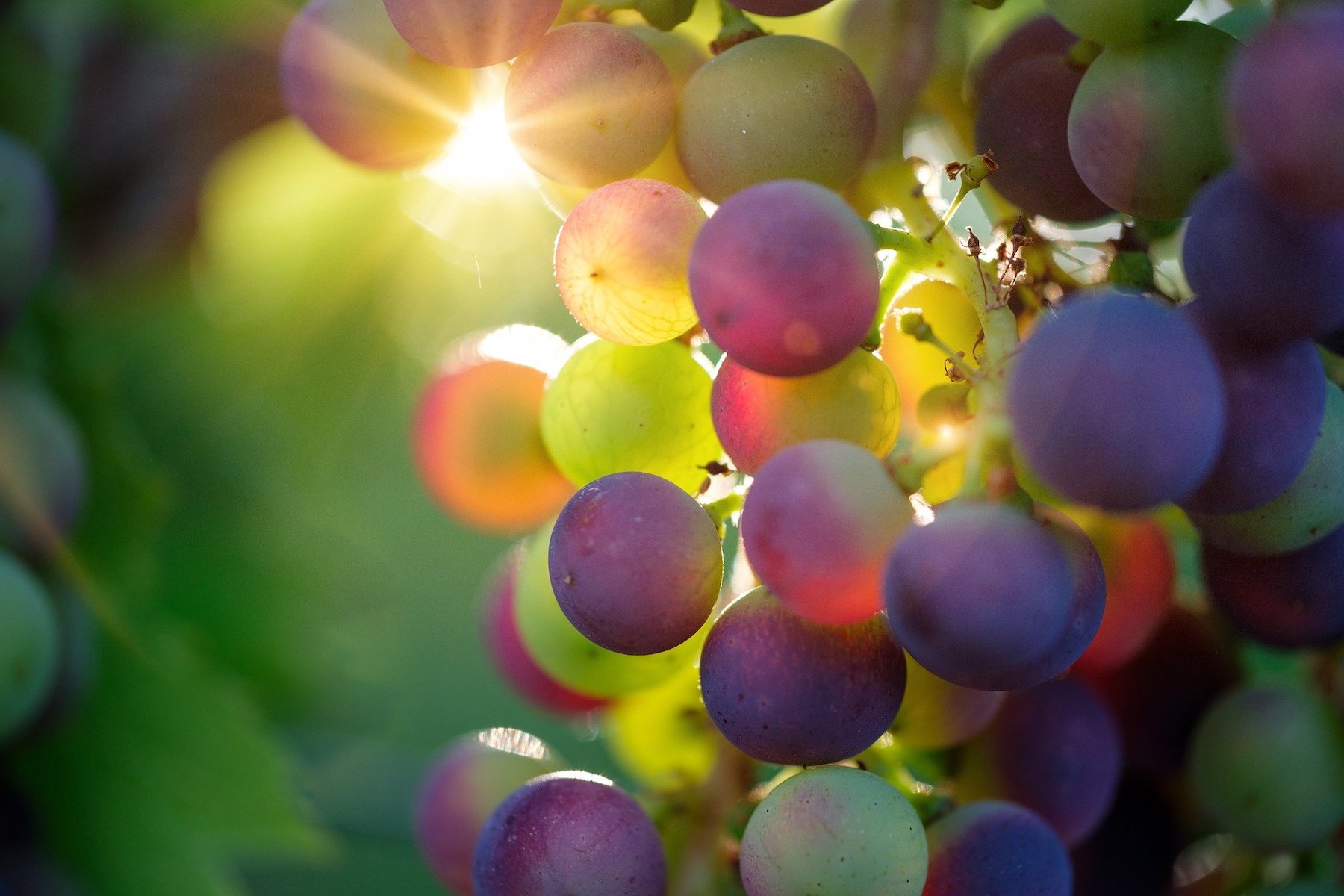Table of Contents
People have a lot of assumptions about wine, most of which are unfounded. People assume that all wines are inherently organic, or that the words “organic” and “natural” mean the same thing, or that pesticides are essential for organic wine production. All of which is simply untrue.
Avaline Wine, the latest wine brand by Cameron Diaz, can be credited for spearheading an increasing awareness of the reality of wine production. Avaline Wine is truly organic, and it has exposed how most wine manufacturers don’t live up to their claims. Below, we bust the 9 most damaging myths about clean wine.
#1. All wines are inherently organic.
Most people assume all wines are inherently organic. When asked, most people say, “but aren’t wines just fermented grapes?” Yes, wines ARE fermented grapes, but they’re also processed through animal by-products and introduced to various chemicals. As such, all wines aren’t inherently organic.
#2. All wines are inherently vegan.
Another assumption is that wines are inherently vegan because they’re made of grapes. But most wine brands filter the wine through egg whites and fish bladder, making them decidedly un-vegan.
#3. “Organic” and “natural” are interchangeable terms.
Most people think the terms “organic” and “natural” are interchangeable, but that’s completely inaccurate. The term “organic” has some legal weight — it means the product must be relatively free from chemicals and additives. In terms of winemaking, wine brands should avoid using sulfites to carry the “organic” label. But the term “natural” has no legal weight, so anyone can use it.
#4. You can trust the “organic” label on wines.
Most people think they can trust wine brands when they claim the “organic” label. But that’s not true. Most wine brands can slap the label “organic” on just about any wine, even if they’re not organic. As long as they don’t use sulfites, they can use the label.
#5. Pesticides are essential for winemaking.
Pesticides aren’t essential for winemaking. Organic winemaking processes — the kind used for Avaline Wine — use biodiversity to achieve the same goals as pesticides. Biodiversity entails using aspects of nature, such as specific insects, to fight off pest infestations and increase shelf life.
#6. Organic wine is a passing fad.
With the growing consciousness about the need for healthy living, organic wine isn’t a passing fad. In fact, Avaline Wine’s immense popularity shows that it’s here to stay. As time goes on, more and more people are likely to embrace organic wine, making it the norm rather than the exception. In my opinion, organic wine is one of the best wines to pair with fish recipes especially like Tuna Tartare in Soy Sauce.
#7. Organic wines don’t taste good.
If you taste Avaline Wine, you’ll realize that organic wine doesn’t just taste good — it’s heavenly. The assumption that organic wine doesn’t taste right is promoted by wine brands that want to keep an eye on their bottom line. In actuality, organic wine is just as delicious — if not more so — than all other wines.
#8. Organic wines don’t have good shelf lives.
Another myth is that organic wines don’t have good shelf lives, but that’s also false. Avaline Wine uses various biodiversity techniques to ensure the same shelf life as all other wine brands.
#9. There’s no way to tell if a wine is truly organic.
You can easily tell if a wine is truly organic by reading its label. Avaline Wine features a large label listing out all the ingredients in large fonts. As such, you can rest assured you’re consuming organic wine.
Clean Wine Featured Image by Bruno /Germany from Pixabay


